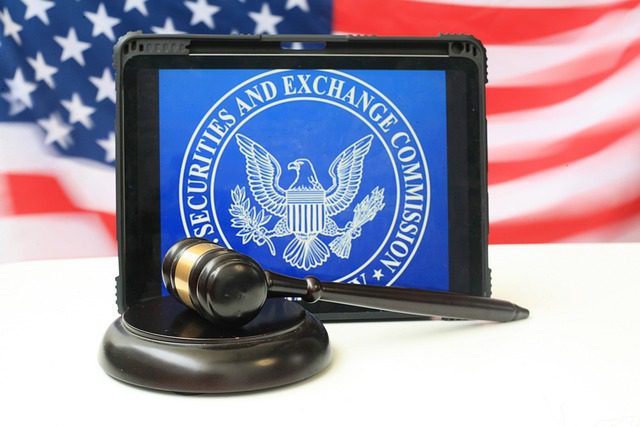Introduction:
In a landmark decision for the cryptocurrency market, the Securities and Exchange Commission (SEC), under the new Trump administration, has officially repealed Staff Accounting Bulletin 121 (SAB 121). This move, which took effect as of January 23, 2025, now allows U.S. banks to provide custodial services for Bitcoin and other cryptocurrencies, marking a significant shift in the regulatory landscape for digital assets.
The Repeal of SAB 121:
SAB 121 was originally implemented in 2022 by the SEC with the intention of safeguarding investors by compelling financial institutions to account for crypto assets held on behalf of clients as liabilities on their balance sheets. This accounting practice essentially made it economically unfeasible for banks to engage in crypto custody due to the capital requirements it imposed. However, with the repeal, banks can now treat these assets differently, potentially leading to a surge in institutional involvement in the crypto space.
Implications for the Banking Sector:
The decision to scrap SAB 121 has been met with enthusiasm from the banking sector, with major institutions like JP Morgan already announcing plans to launch crypto custody services. This opens up new revenue streams for banks and could lead to a more integrated approach to digital assets within traditional finance. The move is expected to enhance the infrastructure for crypto transactions, making them more accessible and secure for retail and institutional investors alike.
Political and Regulatory Context:
The repeal reflects the Trump administration’s broader pro-crypto stance, aligning with Trump’s executive orders aimed at fostering digital financial innovation. This includes initiatives to create a strategic bitcoin reserve and to protect and promote the rights for American companies and citizens to transact and self-custody cryptocurrency. The decision is part of a series of actions that indicate a shift towards a more crypto-friendly regulatory environment in the United States.
Market Reaction:
Following the announcement, Bitcoin prices remained stable, trading at around $103,487.86, suggesting that the market had somewhat anticipated this regulatory change. However, the long-term impact might be more significant, as banks entering the custody space could lead to increased liquidity and mainstream adoption of cryptocurrencies.
Industry and Consumer Perspectives:
The crypto community has largely welcomed this development. Industry leaders like Hester Peirce, known as “Crypto Mom” for her supportive stance on cryptocurrency within the SEC, celebrated the repeal. Critics, however, caution against potential risks, including the centralization of Bitcoin custody which could go against the decentralized ethos of cryptocurrencies. There’s also debate about whether this move aligns with the original vision of Bitcoin’s creator, Satoshi Nakamoto, who aimed to reduce reliance on third-party custodians.
Looking Ahead:
This regulatory adjustment is expected to catalyze further developments in the crypto market. Banks are now poised to explore new financial products like staking and yield-bearing offerings related to cryptocurrencies. For consumers, this could mean safer, more regulated pathways to engage with digital assets. However, it also poses questions about how traditional banking will adapt to the unique challenges of blockchain technology.
Conclusion:
The repeal of SAB 121 by the SEC under Trump’s administration is a pivotal moment for digital currencies in the U.S. It not only opens the door for banks to play a larger role in the crypto ecosystem but also signals a broader acceptance of digital assets in mainstream finance. As the industry navigates this new regulatory landscape, the focus will be on how this integration can balance innovation with investor protection and financial stability.








